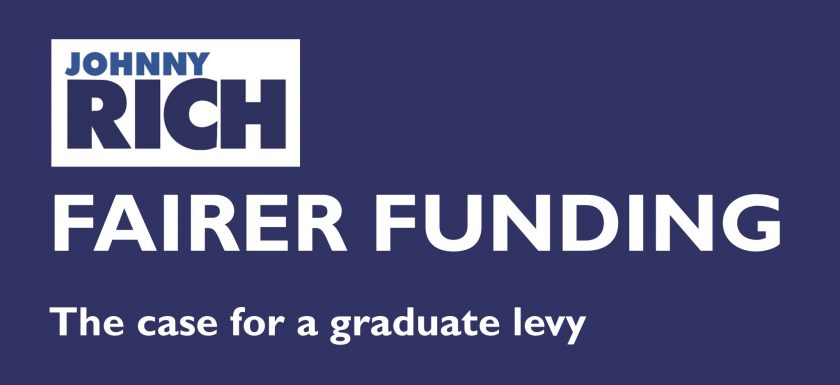What should party manifestos say about higher education funding?
Forget about canaries, the signs of impending doom are more like the sound of cracking rock thundering through the coal mine and debris collapsing around us. Here are just two recent signs. Sign 1 New research recently revealed that now more than half of supposedly full-time undergraduates are doing paid work for more than 15 hours a week and nearly a quarter have full-time jobs alongside their studies to make ends meet. The idea that students whinge about not having enough money is nothing new. (There are even a jokes about it in Chaucer’s Reeve’s Tale from the fourteenth century.) But we have reach a differentRead More →







